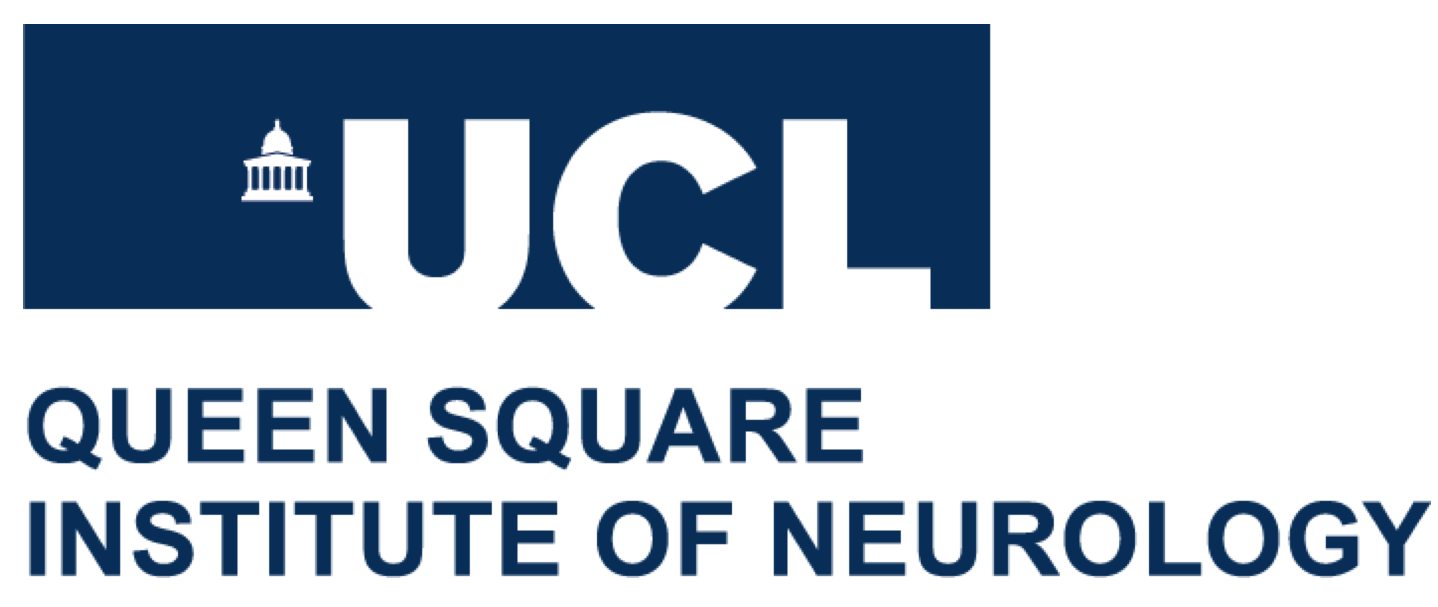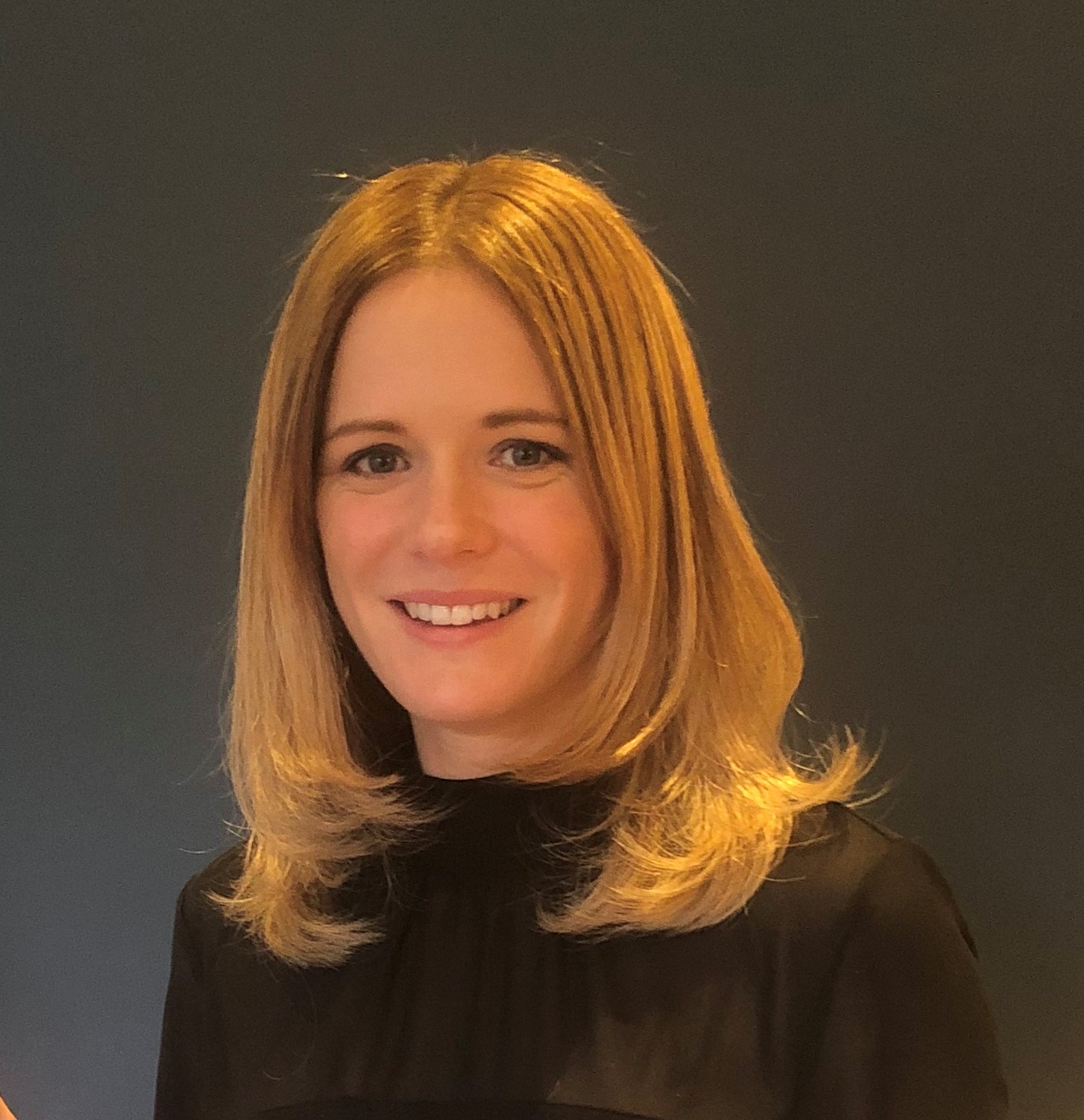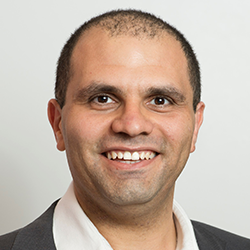Building a time-resolved high-resolution map of age-associated phenotypic, cellular and molecular changes in the mouse
Aims
Ageing is a complex biological process characterised by a gradual decline in physiological function and an increased susceptibility to age-related diseases. By the year 2030, approximately one in six people worldwide will be over the age of 60 (1.4 billion people), with this projected to increase to 2.1 billion by 2050. This signifies a remarkable increase in the older population, and whilst these additional years present significant opportunity for individuals, a major determinant of the quality of these additional years is health. The increase in the proportion of older people is expected to result in 9.1 million people living with major illnesses by 2040. This means that the extra years gained due to increasing life expectancy will not necessarily be years spent in good health and will add an enormous financial and logistical burden on the health and care service.
As the number of people living with major illnesses and multiple conditions increases, a crucial challenge for ageing research is to understand the molecular and cellular determinants of healthy ageing, with the aim of improving quality of life in later years through development of interventional strategies. Preventing age-related disease with new scientific data and approaches is an achievable goal that would circumvent the financial and personal toll of an unhealthy aged population.
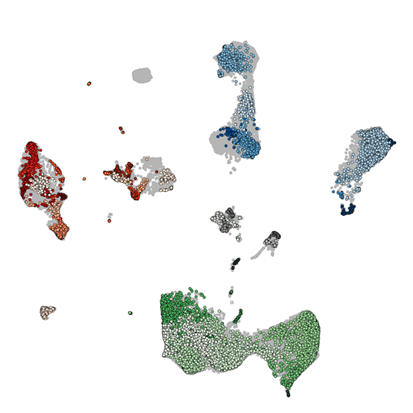
How we do it
To address this challenge, we have assembled a multidisciplinary team with the complementary expertise required to construct a “Time-resolved high-resolution map of age-associated phenotypic, cellular, and molecular changes in the mouse”. We will integrate the mouse data with human ageing datasets to enable the identification of disease biomarkers and potential intervention strategies to promote healthy ageing. Our approach will enable us to identify conserved and potentially modifiable modulators of healthy lifespan. This will highlight the translational opportunities that could be revealed by studying ageing in the mouse.
The project will have four work packages (WP):
- Development of a minimally invasive physiological phenotyping platform that captures and quantifies the deterioration in biological function across the lifecourse in commonly used laboratory mice and an outbred, more genetically diverse strain,
- Generation of a multi-omic molecular map to capture transcriptional, epigenetic and protein changes with age in multiple tissues from the same mice in which we perform physiological phenotyping.
- Investigation of the impact of exemplar genetic interventions on the physiological and molecular profiles of ageing generated in WP1 and WP2.
- Comparison of human and mouse physiological and molecular phenotyping data to discover commonalities and differences between species for accurate disease positioning.
Cluster Members
| Name | Organisation | Contact |
|---|---|---|
| Laura Greaves | Biosciences Institute, Newcastle University | laura.greaves@ncl.ac.uk |
| Walid Khaled | Department of Pharmacology and Cambridge Stem Cell Institute, University of Cambridge | wtk22@cam.ac.uk |
| Anne Ferguson-Smith | Department of Genetics, University of Cambridge | Anne.FergusonSmith@admin.cam.ac.uk |
| Michelle Linterman | Babraham Institute | Michelle.Linterman@babraham.ac.uk |
| Masashi Narita | Cancer Research UK Cambridge Institute, University of Cambridge | Masashi.Narita@cruk.cam.ac.uk |
| Dervis Salih | UK Dementia Research Institute at UCL, Institute of Neurology | dervis.salih@ucl.ac.uk |
| Nicholas Schaum | Department of Pharmacology and Cambridge Stem Cell Institute, University of Cambridge | nds47@cam.ac.uk |
| Karen Suetterlin | NIHR Newcastle Biomedical Research Centre, Newcastle University | Karen.Suetterlin@newcastle.ac.uk |
Member Organisations

Newcastle University

University of Cambridge

Wellcome-MRC Cambridge Stem Cell Institute
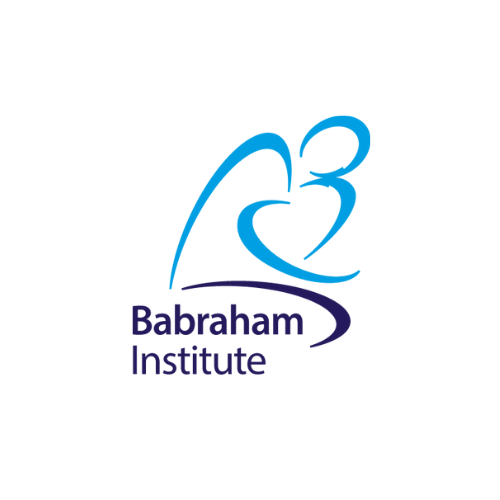
Babraham Institute

Cancer Research UK Cambridge Institute

UK Dementia Research Institute
